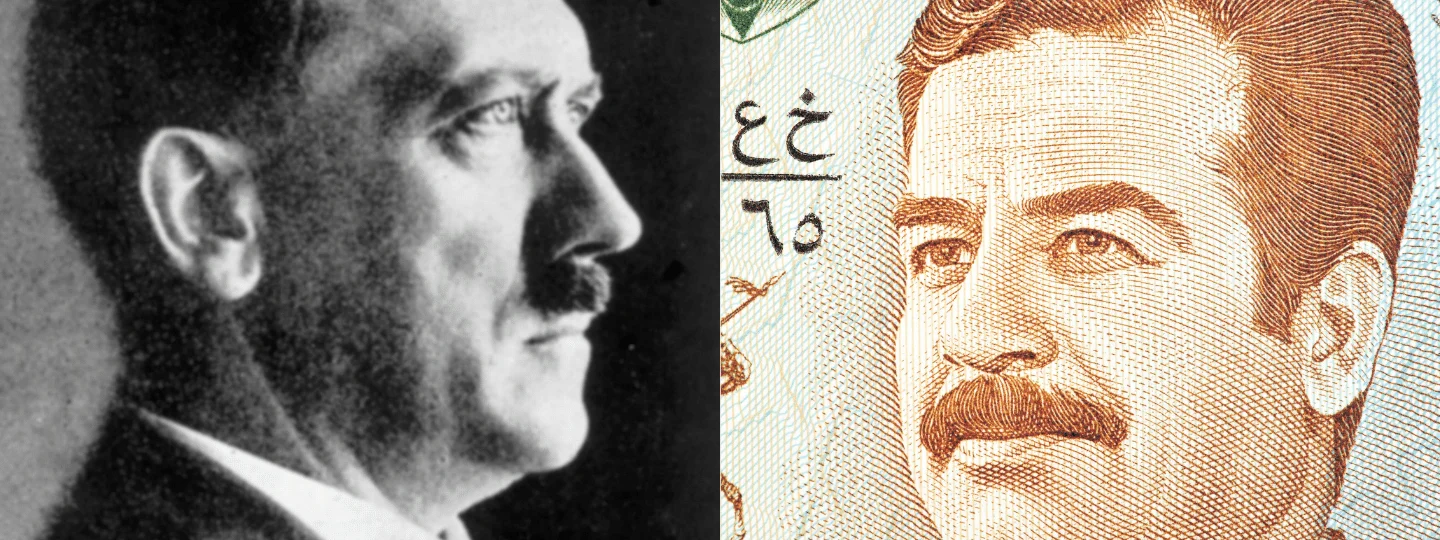Quran
Hadith
Islamic Text
بِسْمِ اللَّهِ الرَّحْمَنِ الرَّحِيمِ
In the Name of Allah Most Merciful Most Kind
Short Answer
Yes, Hadith against predicting the future are mentioned in Islam. Further, there are actually numerous Hadith and verses of the Holy Quran against predicting the future or claiming knowledge of the unseen (Ghayb). This is because Allah (Most High) only gives such knowledge to the noble Prophets (peace be upon them).
Explanation
عَنْ عِمْرَانَ بْنِ حُصَيْنٍ، رَضِيَ اللَّهُ عَنْهُ، قَالَ: قَالَ رَسُولُ اللَّهِ صَلَّى اللهُ عَلَيْهِ وَسَلَّمَ: لَيْسَ مِنَّا مَنْ تَطَيَّرَ أَوْ تُطُيِّرَ لَهُ، أَوْ تَكَهَّنَ أَوْ تُكُهِّنَ لَهُ، أَوْ سَحَرَ أَوْ سُحِرَ لَهُ، وَمَنْ عَقَدَ عُقْدَةً وَمَنْ أَتَى كَاهِنًا فَصَدَّقَهُ بِمَا يَقُولُ فَقَدْ كَفَرَ بِمَا أُنْزِلَ عَلَى مُحَمَّدٍ صَلَّى اللهُ عَلَيْهِ وَسَلَّمَ
Imran bin Husayn (May Allah Most High be pleased with him) narrated that the Messenger of Allah ﷺ said: The one who seeks superstition, or it is sought for him is not from us. Nor the one who predicts the future, or it is predicted for him. Nor the one engaging in sorcery or it is done for him. Nor the one who ties a knot. Whoever goes to a person who predicts the future and believes what he is saying has disbelieved in what was revealed to Muhammad ﷺ. (Musnad al-Bazar, 3578).
Hadith authenticity
The narration above in has sound narrators according to Imam al-Haythami and warns against predicting the future. This practice is called ‘Takahun‘ or ‘Kahanah‘ in Arabic. There is a similar Hadith in Tabarani (al-Awsat, 2663) which also warns against ‘Takahun’.
رَوَاهُ الْبَزَّارُ وَرِجَالُهُ رِجَالُ الصَّحِيحِ خَلَا إِسْحَاقَ بْنَ الرَّبِيعِ وَهُوَ ثِقَةٌ. (مجمع الزوائد ومنبع الفوائد)
It was transmitted by al-Bazar. The narrators are those of al-Sahih, except for Ishaq bin Al-Rabi’, who is trustworthy (Thiqah). (Imam Noorud-deen al-Haythami, Majma al-Zawaid).
Imam Ibn Hajr commented on both Hadith narrations warning against predicting the future. He deemed the one in Bazar to be strong. As for the one in Tabarani, he mentioned that the narrators are sound. However, he was concerned that there is a break in the chain:
وَأَخْرَجَ الطَّبَرَانِيُّ عَنْ أَبِي الدَّرْدَاءِ رَفَعَهُ لَنْ يَنَالَ الدَّرَجَات الْعَلَاء مَنْ تَكَهَّنَ أَوِ اسْتَقْسَمَ أَوْ رَجَعَ مِنْ سَفَرٍ تَطَيُّرًا وَرِجَالُهُ ثِقَاتٌ إِلَّا أَنَّنِي أَظُنُّ أَنَّ فِيهِ انْقِطَاعًا وَلَهُ شَاهِدٌ عَنْ عِمْرَانَ بْنِ حُصَيْنٍ وَأَخْرَجَهُ الْبَزَّارُ فِي أَثْنَاءِ حَدِيثٍ بِسَنَدٍ جَيِّدٍ. (فتح الباري شرح صحيح البخاري)
(Imam) al-Tabarani narrated from Abu al-Darda, who narrated from the Prophet ﷺ: High ranks will not be attained by the one who predicts the future, or divines arrows, or refrains from a journey due to superstition. The narrators are trustworthy. However, I think that there is a break in it (the chain). It has a corroborating narration from Imran bin Husayn, which al-Bazar narrated in the course of a Hadith with a strong chain. (Imam Ahmad bin Ali bin Hajr al-Asqalani, Fath al-Bari).
Muslims predicting the future
Despite the clear Hadith against predicting the future (Takahun or Kahanah), it is found amongst Muslims too. Furthermore, such predictions were a practice of the pagan Arabs prior to Islam. Unfortunately, many Muslims have established these practices in their own communities.
وبقيت من ذلك بقايا في كثير من المسلمين. (فيض القدير شرح الجامع الصغير)
Remnants of that remained among many Muslims. (Imam al-Munaawi, Fayd al-Qadeer).
وَهِي ادِّعَاء علم الْغَيْب كالإخبار بِمَا سيقع فِي الأَرْض مَعَ الِاسْتِنَاد إِلَى سَبَب. (عمدة القاري شرح صحيح البخاري)
It (Kahanah) is claiming knowledge of the unseen. Such as information about what will happen on earth while relying on means. (Imam Badr al-Deen al-Ayni, Umdatu al-Qari).
Free misguidance
Sometimes Muslims accept such misguidance despite the Hadith warning against predicting the future because the Shaykh or Pir they go to did not charge. This is a very strange way of analysing right and wrong. Essentially, the person is open to misguidance as long as it is free.
Rather, a Muslim must always turn to the Quran and Sunnah to distinguish between good and evil. Predicting the future is only permitted for Prophets (peace be upon them). Therefore, no other person should be predicting the future.
Additionally, it is correct to say that it is worse still if a person charges money for predicting your future and thus leading you astray. However, it is a disaster whether it is done for free or monetary costs. In either case, this is damaging to your Deen (religion) which is far more precious than money.
قَالَهُ الْقَاضِي عِيَاضٌ. وَالْكِهَانَةُ: ادِّعَاءُ عِلْمِ الْغَيْبِ. قَالَ أَبُو عُمَرَ بْنُ عَبْدِ الْبَرِّ فِي كِتَابِ الْكَافِي: مِنَ الْمَكَاسِبِ الْمُجْتَمَعِ عَلَى تَحْرِيمِهَا الرِّبَا وَمُهُورُ الْبَغَايَا والسحت والرشاء وَأَخْذُ الْأُجْرَةِ عَلَى النِّيَاحَةِ وَالْغِنَاءِ، وَعَلَى الْكِهَانَةِ وَادِّعَاءِ الْغَيْبِ وَأَخْبَارِ السَّمَاءِ. (الجامع لأحكام القرآن)
Qadi Iyad said: Kahanah is claiming knowledge of the unseen. Abu Umar bin Abdil-Barr said in al-Kafi: Among the income that is forbidden by agreement is usury, the dowries of loose-women, illicit gains, bribery, payment for wailing and singing, soothsaying, claiming knowledge of the unseen and tidings from heaven. (Imam Abu Abdillah al-Qurtubi, al-Jami li Ahkam a-Quran).
Conclusion
To conclude, the Quran and Hadith both warn against predicting the future. As such, no upright Muslim is going to claim that he has knowledge of the unseen. Nor will such a person tolerate others claiming this about him. Some knowledge of the unseen is given to the Prophets (peace be upon them). Therefore, those who are not Prophets teach and convey what was given to the Prophets.
One of the main reasons that people end up going astray regarding this issue is because they find Shaykhs or Pirs predicting the future. They think it must be permitted since a person of genuine or perceived knowledge is doing it. However, people should be reminded that such individual do not supersede the Hadith of our beloved Prophet ﷺ. Rather, we will reject them and follow our beloved Prophet ﷺ.
And Allah Most High Knows Best.
–Answered by Shaykh Noorud-deen Rashid (08.03.24)






